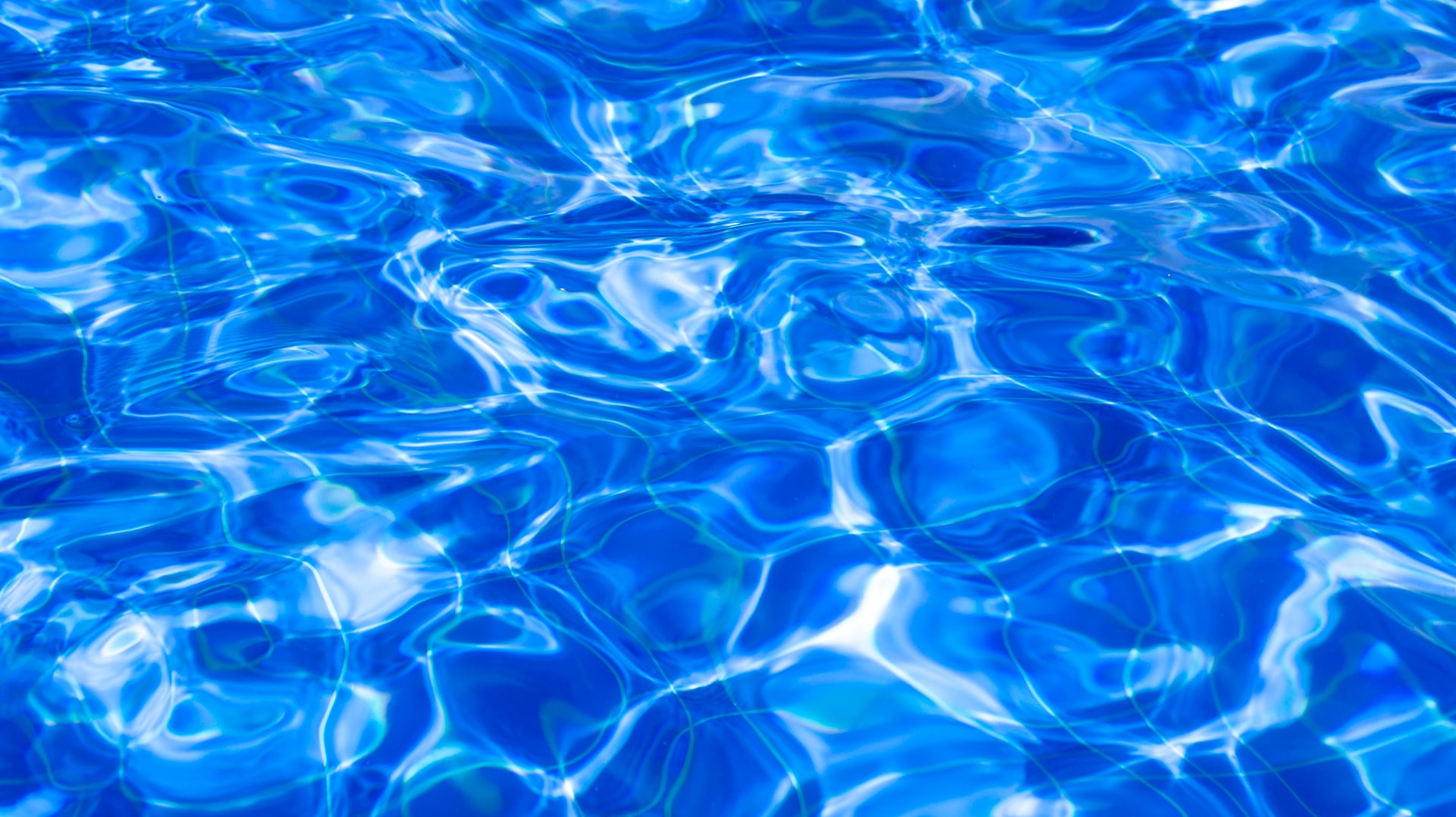Scale buildup on fixtures, glassware, teakettles, silverware, and coffee pots are all common signs you need a water softener. While these do not cover all of the signs, they tend to be some of the more visible ones a home or business owner associates with hard water. And while hard water is not the focus of this article, it does go hand-in-hand with identifying the need for a water softener. In this article, we hope to address some of the signs you need a water softener, answer common questions, and offer some practical next steps.
7 Signs Of You Need A Water Softener
- Scale Buildup
- Stains on sinks, bathtubs, and showers
- Dry skin/hair
- Faded, rough fabrics
- Plumbing repairs
- High utility bills
- Appliance problems
1. Scale Buildup
Scale buildup is often found on water faucets, showerheads, glassware, teakettles, silverware, and coffee pots. Scale buildup (aka limescale, or mineral deposits) is a white film or substance left from water high in calcium and magnesium. It has been shown in studies to negatively impact the lifespan and efficiency of household appliances such as dishwashers, clothes washers, and hot water tanks. If you spot limescale in any of these areas, you should have your water tested. The test will reveal just how hard your water is and help determine what solutions will benefit your home or business.
2. Stains On Sinks, Toilets, Bathtubs, and Showers
Perhaps more unsightly and inconvenient than anything, stains from hard water can create a mess on sinks, toilets, bathtubs, and showers. There are several short-term solutions to clean the stains left behind by hard water, but a water softener is typically the best option to prevent future stains.
3. Dry Skin/Hair
Still experiencing dry hair or skin despite using moisturizing soap, shampoo, or conditioner? The high mineral content in hardened water has been shown to leave a film on hair and skin. This film is often the result of soap reacting to hard water creating soap scum. Hard water causes dry skin which often results in the skin feeling itchy. Unsoftened water causes moisturizing soap and shampoo to be less effective.
4. Faded, Rough Clothes
Are your clothes fading or aging faster than you would normally expect? Unsoftened water has been shown to cause colors to fade or turn dull or gray. According to a study by the WQRF, it is thought the term “hard water” originated from the stiff and harsh texture created by fabrics washed in water high in calcium and magnesium.
5. Excess Plumbing Repairs
Unsoftened water can wreak havoc on plumbing in a home or business. According to the USGS, “…long-term movement of hard water through a pipe can result in what is called scale buildup. Just as in the human body where blood vessels can be reduced in inside diameter due to cholesterol buildup, water pipes can gradually close up resulting in less water movement through the pipe and a lowering of water pressure.” If you have noticed a drop in water pressure either in a shower or a water faucet, it is possible hard water is to blame.
6. Higher Than Normal Utility Bills
Unsoftened water has proven to increase the amount of energy required for water heaters, dishwashers, and clothes washers. In a study conducted by the WQRF, unsoftened water greatly increases the amount of detergent and the temperature needed for cleaning clothes and dishes. Over time, scale buildup on the heating element of a water heater can greatly reduce its overall efficiency.
7. Appliance Malfunction Or Failure
Are your appliances operating below your expectations? Are dishes or clothes not coming out clean? Scale buildup can cause the heating element in appliances to lose their efficiency. The presence of unsoftened water can also increase the amount of detergent needed for cleaning. While there are certainly other reasons for malfunction or failure, it is important to know how calcium and magnesium buildup can impact the health and lifespan of your appliances.
How Do I Know If I Have Hard Water?
Did you find yourself shaking your head when reading the signs you need a water softener? It is time to get practical. Now that you know the signs to look for, you might have questions like, “What is hard water?”, and “How to measure water hardness?”. Below are some resources to answer questions and help you with your next steps.
Common Questions
- What is hard water?
- How does one measure water hardness?
- Do I need a water softener?
Water Hardness aka Hard Water
“…the amount of dissolved calcium and magnesium in water.” USGS
Measuring Water Hardness
| Amount | Unit of Measure | Classification |
|---|---|---|
| 0 to 60 | mg/L (milligrams per liter) | as calcium carbonate is classified as soft |
| 61 to 120 | mg/L | moderately hard |
| 121 to 180 | mg/L | hard |
| > 180 | mg/L | very hard |
Do I Need A Water Softener?
While there are signs you need a water softener, it is best to start by having your water tested before creating a plan to address water hardness. If you are unsure where to start, check our article, Clean Water – 4 Practical Steps For Home Or Business for more info.
Have Questions? Need Help?
We hope that this article on the signs you need a water softener has been helpful. We also understand you might have more questions.
Call TWB at (405) 601 – 2003 or fill out our contact form.


